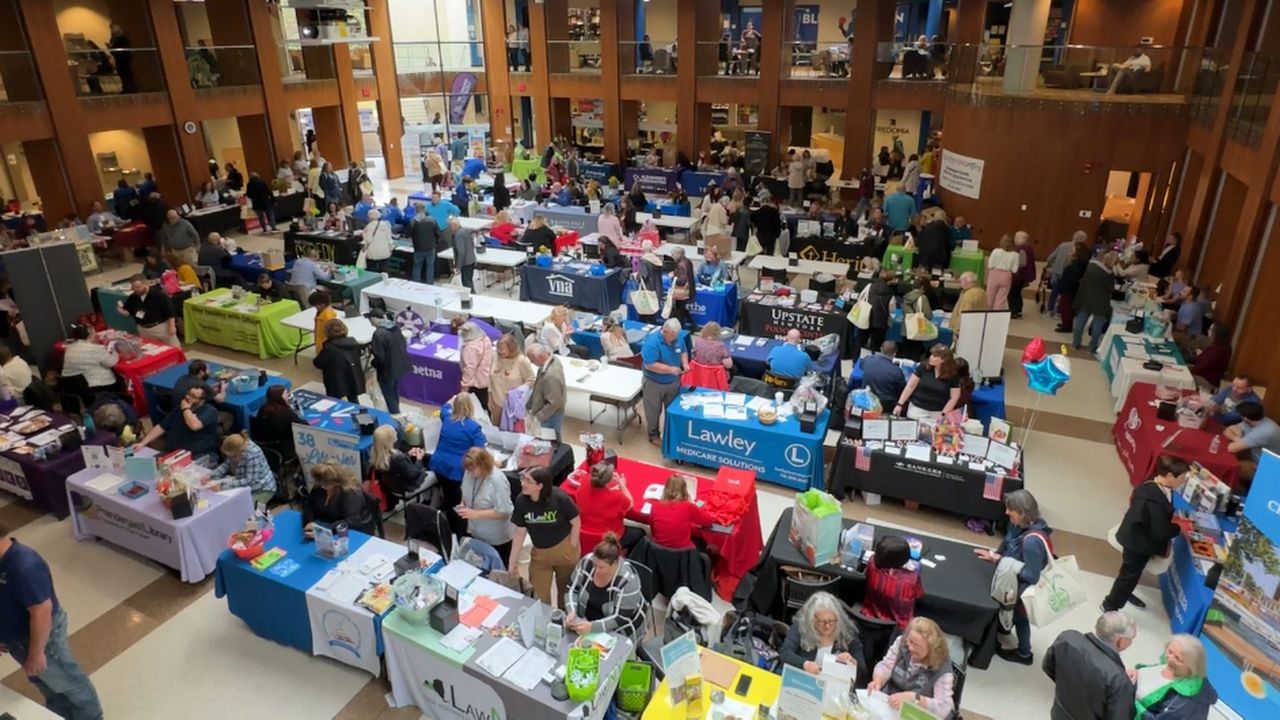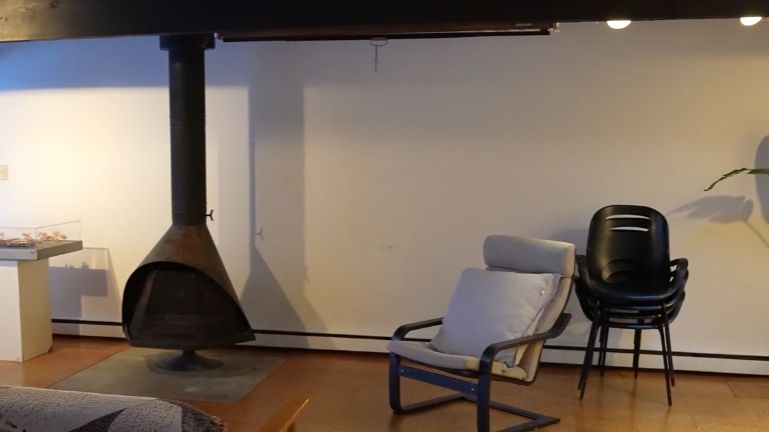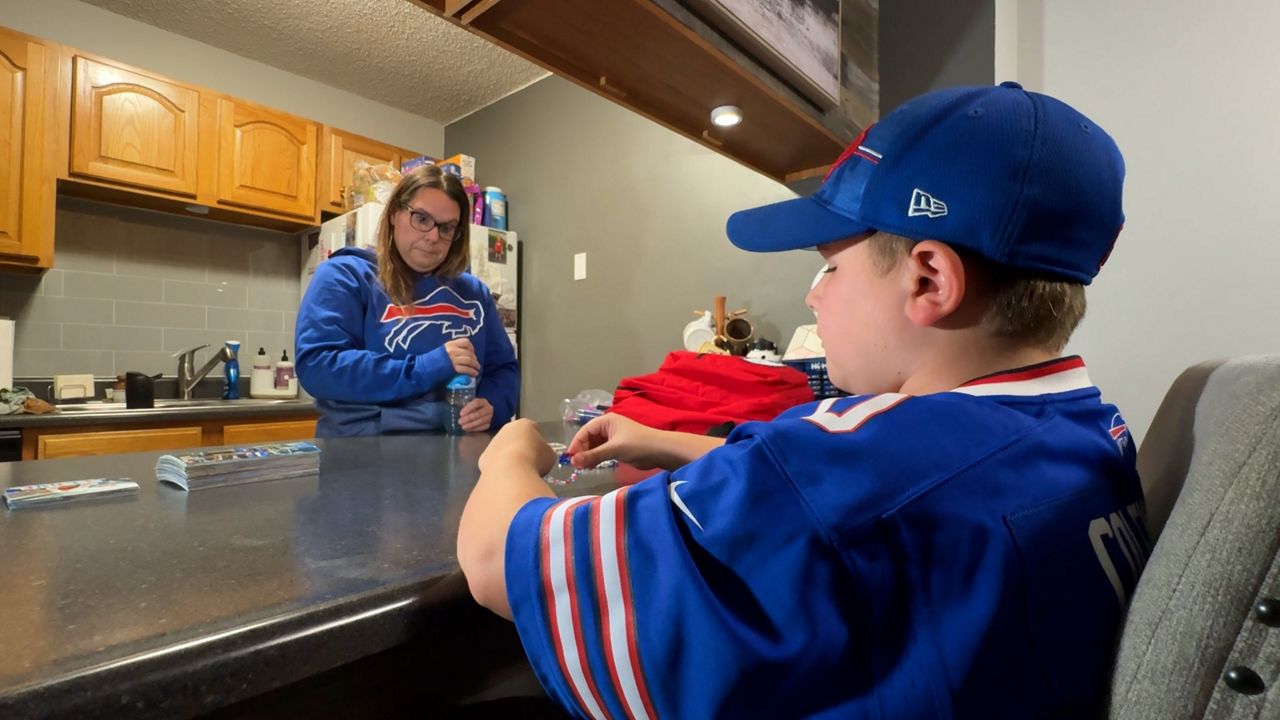When you go on vacation, what’s your preferred accommodation?
For years, short-term rentals (STRs) have been gaining popularity.
Companies like Airbnb and VRBO offer visitors a homier stay, but local officials say these STRs bring their own set of problems.
For some time, people have voiced concerns about the growth of STRs impacting housing, especially when it comes to what’s available and how much it costs.
New York state just took steps to try and address that.
Gov. Kathy Hochul signed a bill last month requiring hosts to add their properties to a registry and pay taxes as “hotels.” That goes into effect in late March.
But many areas in New York have, and still are, working on their own regulations too.
“Airbnbs have become unregulated hotels in residential neighborhoods,” said Buffalo Common Councilman Mitch Nowakowski.
It’s a problem facing communities across the country and world.
“I was in Spain in August, and I saw that a lot of the locals in Barcelona were pushing back and squirt-gunning tourists because they were being overrun by short-term rentals,” he added.
For Nowakowski, it was enough to put new permits on hold for 60 days.
“We're getting about 15 [permit applications] a cycle, so maybe 30-40 a month," he said. "It's taken a lot of time.”
The moratorium only applies to non-owner-occupied short-term rental permits if the homeowner lives outside city limits.
“You're really blockbusting," Nowakowski said. "You're creating a transient neighborhood.”
It's an issue of safety for renters, neighbors and first responders.
“I lived next to an Airbnb and my partner was assaulted by a party that happened next door to us," Nowakowski recalled. "I say that publicly because I want everyone to put themselves into the person that lives next to its shoes.”
He and other local politicians are trying to work out the kinks of a rental system that can feel more like the Wild West.
“It wasn't legal when they [opened their Airbnb]," said John Jacoby, a councilman for the town of Lewiston. "The way our town code works, it lists what you can do in certain neighborhoods, and there was no way was it on the list then and it wasn't since we formulated a town, as far as I can tell.”
Only about a dozen Airbnbs were in the town of Lewiston. A new one started generating complaints.
“It was quite large, I think, a six- or seven-bedroom house," said Lewiston Town Supervisor Steve Broderick. "The more people that the house would take in, the more it got noticed.”
In April 2024, all short-term rentals in the town residential areas were banned.
Only those in the village of Lewiston could stay.
“If you get good Airbnb people, well then it's strangers who are good people," said Jacoby. "If you get bad Airbnb people, it's strangers who are bad people. It's just, in my estimation, it's a recipe for a conflict.”
The decision didn’t come without pushback from Airbnb owners, and from council members, two of whom voted against the ban, including Broderick.
“I was in favor of regulating them. I use Airbnbs in travelling," he said. "I think it's going to be each community needs to decide what's best for it, [...] but I don't see it as a complete nail in the coffin for Airbnbs.”
It’s a decision Buffalo, and many other areas, will have to weigh.
“We saw these beautiful neighborhoods come back to life because people came into the city, purchased property and stayed there and made it better," said Nowakowski. "I don't want to see this be my generation of neighborhood declines.”
As far as policing rentals after regulations, that differs too.
Lewiston representatives said some of those non-owner-occupied properties have been sold. If others pop up, they would be dealt with as complaints come in.
Meanwhile, the City of Buffalo invested in an app that searches listings and matches addresses to permit holders.
Fines for non-compliance are $2,000 per inspection.
They hope to eventually be able to levy fines to tax bills, so they do get paid.











